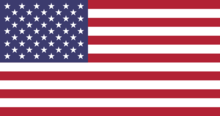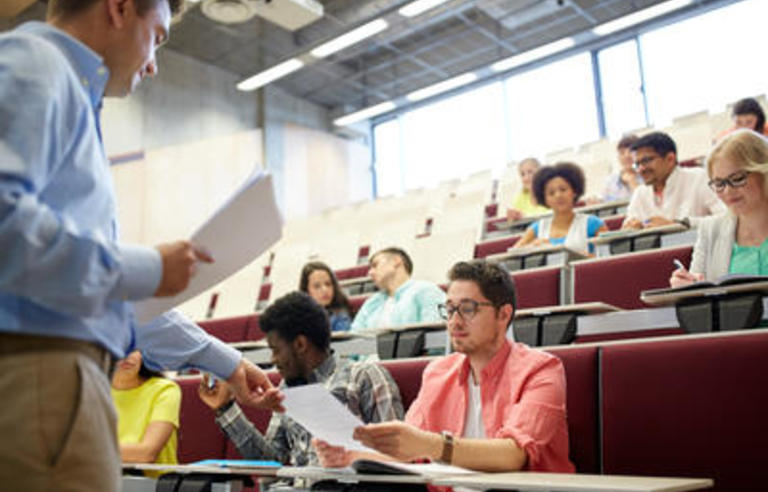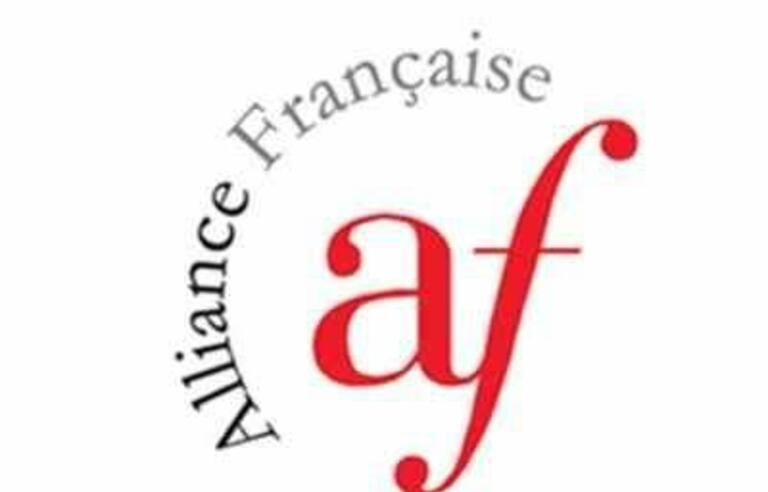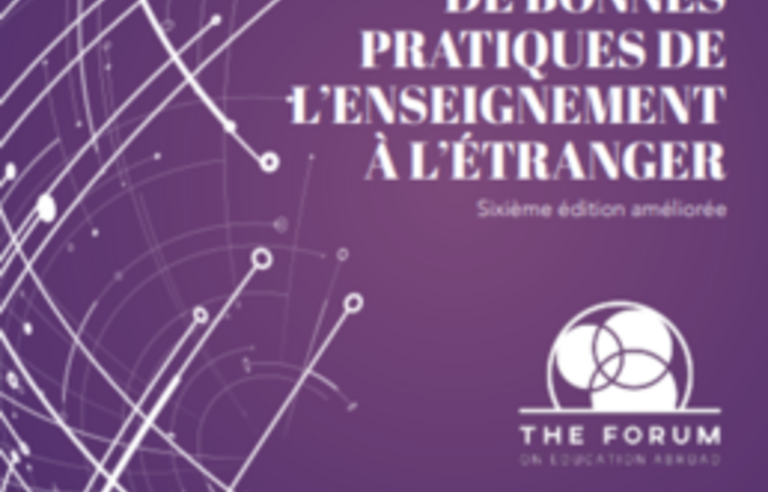Erasmus+
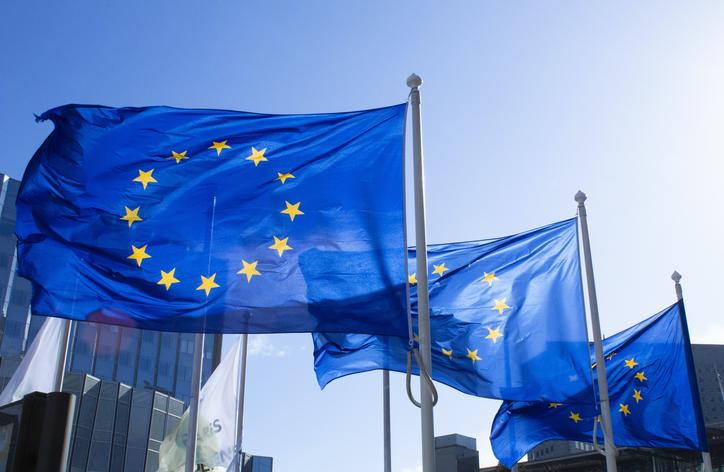
Erasmus+ is the European Union's program to support education, training, youth. and sport in Europe. Erasmus+ fosters collaboration and student mobility worldwide, with an emphasis on social inclusion, the green and digital transitions, and youth participation in democratic life.
U.S. students and institutions may also benefit from Erasmus+ opportunities.

Erasmus+ Opportunities for U.S. Students
U.S students can apply for admission into joint Master's programs, and also participate in European affairs initiatives through local Jean Monnet Actions.

International Master's opportunities structured around mobility within the European Union
The Erasmus Mundus Joint Master’s Degree (EMJMD) are prestigious, integrated, international study programs jointly delivered by an international consortium of higher education institutions. Students at Master's level from all over the world can apply. The programs usually are 2 years long, and allow you to study at several European universities. More than 80 of these programs exist in France across all disciplines. Find an Erasmus Mundus Joint Master’s Degree.
Learn more about the E.U. through Erasmus+ Jean Monnet Actions
Jean Monnet Actions are initiatives funded by Erasmus+ that take place in colleges and universities all over the world. These initiatives support teaching, learning, research and debates on various aspects of the European Union. More than 25 institutions get support to offer public conferences, expert debates, webinars and more. They can be awarded a grant as a Center of Excellence, a thematic network or for an activity. Learn more about Jean Monnet Actions near you.
Erasmus+ Opportunities for U.S. Colleges and Universities
The 2021-2027 Erasmus+ program emphasizes social inclusion, ecological and digital transitions, and promoting youth participation in democratic life. A significant joint investment in European mobility, higher education, and vocational training, Erasmus+ programs represent €26.2 billion in funding through 2027, doubling the investment of the previous period.
Erasmus+ projects for higher education institutions are opportunities to develop best practice and foster change according to European priorities. U.S. colleges and universities can also receive funding to launch joint projects with European partners. To participate actively in the Erasmus+ program, American universities need to be invited by a European partner.
Become part of Erasmus Mundus Consortia
U.S. universities can become associated partners of Erasmus Mundus Consortia, and participating in the training and hosting of Erasmus Mundus Joint Master's students.
European universities collaborate to offer the best Master's-level education in innovative, future-forward, high-potential fields. Masters students will study at several of these institutions over the course of 2-year programs. U.S. universities can become associated partners, and may, for example, host students for thesis work. This is how the Smead Aerospace Engineering Science Department at the University of Colorado contributes, for example, to the SpaceMaster-Joint European Master in Science and Technology. More than 80 of these programs exist in France across all disciplines. Reach out to your partners or find an Erasmus Mundus Joint Master’s Degree to learn more.
Facilitate student semester exchanges or staff mobility
U.S. universities can host student and faculty exchange programs as part of the International Credit Mobility program of Erasmus+
Also known as International Credit Mobility, the objective of Mobility from Erasmus+ Countries to Partner Countries like the US is twofold. First, it provides more opportunities to students and staff to have an international experience as well as to acquire forward-looking and other relevant skills worldwide. Second, it enables higher education institutions from Erasmus+ Countries to establish long-term sustainable international cooperation with partner institutions from Partner Countries. The European higher education institution applies on behalf of a partnership and shows the added value of the grants for the collaboration. This is part of the annual call for proposals Erasmus+ Learning Mobility of Individuals.
Support curriculum design and innovative teaching
U.S. universities can apply for funding for strategic projects along with European partners
Erasmus+ funds Strategic Partnerships between European universities and a limited number of other international partners, including institutions from the United States. These partnerships might aim to build an app facilitating student exchanges across Europe or elaborate better curricula for relevant topics. The project, Eurasian Insights: Strengthening Central Asian Studies in Europe (EISCAS) organized conferences, developed a wiki as well as a free handbook and federated a community. George Washington University has been a project partner and has benefited along with their European counterparts.
Foster cooperation between higher education and the economic sector
U.S. universities can apply for Erasmus+ support for innovative projects that bring together higher education and business
Alliances for Innovation are transnational, structured and result-driven projects, notably between higher education and business. The Alliances are open to any discipline, sector and to cross-sectoral cooperation. The partners share common goals and work together towards mutually beneficial results and outcomes. The PathBio project brings together an ERASMUS+ Knowledge Alliance consortium from across the globe to cooperate on pooling resources and expertise to build the framework for a European post graduate degree in Precision pathobiology for disease models. Charles River Laboratories brings American expertise to this project. This and many more Alliances are presented here.


